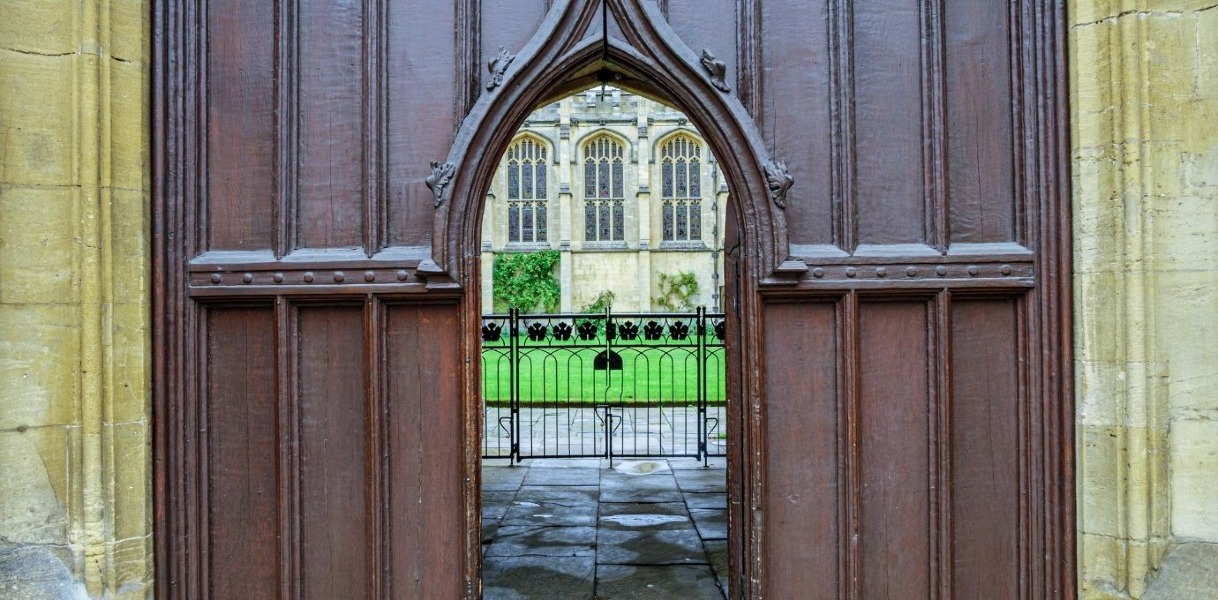The fear for private school parents is that despite top grades, years of sacrifice, and a hefty investment in education, their child might still lose out to someone with lower grades due to contextual admissions, leaving them questioning if excellence and hard work still count.
Cambridge University’s decision to scrap rigid state school targets in early 2024 may mark a turning point for private school students hoping to gain admission.
Previously, Cambridge aimed for 69.1% of its UK undergraduate intake to come from state schools by the 2024-2025 academic year.
But now, with quotas gone, Cambridge says it’ll take a more flexible approach to evaluating applicants. The catch? Contextual admissions criteria (which considers socio-economic background, school performance, and geography) are still firmly in place.
So, does this mean private school pupils will catch a break, or is it just another twist in the admissions obstacle course?
Less Pressure, but Still a Tough Road
Let’s be honest: It hasn’t been an easy few years for private school applicants. With both Oxford and Cambridge increasing their state school intake, privately educated students have had to fight harder to secure places. We called it a ‘private school penalty’ in our 2023 article.
In 2023, 72.6% of successful applicants to Cambridge were from state schools, much in line with its Oxford counterpart (68.4% admitted from state-sector schools in 2023).
Now, with formal targets removed, you might think private school applicants could finally breathe a sigh of relief. Not so fast. While the pressure of meeting quotas may be gone, contextual data still plays a big role. Students from disadvantaged backgrounds can receive lower grade offers or be given greater flexibility in admissions evaluations.
Critics argue that this creates an unfair advantage, while Cambridge insists it’s just levelling the playing field.
Is Contextual Admissions Undermining Excellence?
This debate isn’t just academic - it’s personal for many parents. The fear is that students admitted on contextual offers might not be able to handle the workload, which could impact the experience for everyone else. When excellence truly matters, is the system putting us all at risk by prioritising context over merit? Imagine a surgeon who only got into medical school because the admissions bar was lowered.
Oxbridge strongly rejects this narrative. Both universities maintain that their standards haven’t budged an inch. Once students are admitted, they’re held to the same high expectations as everyone else. Programs like access courses and mentoring exist to support students from underrepresented backgrounds. Still, the tension between opportunity and merit lingers.
An Intense Fight for Private School Spots
However, another layer of complexity exists here. With fewer spots now allocated to private school applicants, competition within that pool has become fiercer than ever. When you have a group of top-scoring students vying for a limited number of places, how do admissions tutors choose? Personal statements, entrance test results, and interview performances often become key differentiators. But even then, families are left wondering: what more can their child possibly do to stand out when they’re already at the top of their game?
Parents who’ve spent a fortune on education now see contextual admissions policies reshuffling the deck. They’re asking: “Is it still about academic ability or more about ticking social mobility boxes?”
Adam Caller, founder of Tutors International, puts it plainly.
“Where an education at Eton might have once been an almost-guaranteed ticket to Oxbridge, parents are realising it’s now a bit more like playing the lottery… except with a very expensive ticket.”
Alternative Education Pathways for UHNW Families
In light of this, some families are exploring alternative strategies to gain an edge. Homeschooling, for example, places students in a less-represented admissions category.
Only around 2% of Oxford’s UK intake comes from alternative education pathways. This makes it an appealing option for families seeking to differentiate their child from the large pool of private school applicants.
Take one family from Surrey, for example. They pulled their child out of a top independent school after learning about contextual criteria. With tailored homeschooling, private research projects, and community volunteer work under their belt, their child’s application became far more appealing to the admissions team than their peers at private school. Adam explains:
“Homeschooling can exceed even the best private schools in terms of educational quality while also ticking the box for alternative education provision, which is increasingly attractive to admissions teams.”
Emotional Fallout for Families
Let’s not sugarcoat things. These shifts in admissions policy come with emotional consequences. Many privately educated students feel disheartened, questioning whether their hard work has been devalued. Imposter syndrome can creep in for those who make it through interviews, as they worry they’re seen as privileged outliers.
Parents, too, are facing their own version of a crisis of confidence. They’re frustrated at having invested tens (or hundreds) of thousands of pounds on an education that’s no longer a golden ticket to Oxbridge. Is all that sacrifice still worth it?
At the same time, students admitted on contextual offers may also face stigma, as if they’re seen as less deserving by peers. Clearly, no one is walking away from this debate without some emotional bruises.
Early Preparation is Key
Contextual admissions aren’t going away anytime soon. Universities are under intense pressure to increase access and diversity. But they also need to protect their reputation for academic rigour. There’s no magic solution to this balancing act, which is why transparency and clear communication are more important than ever.
For UHNW families, the key is preparation. Understanding the nuances of admissions policies and tailoring applications accordingly can make all the difference.
“Ultimately, Oxbridge is still about excellence,” Adam says. “The system’s changed, sure, but if your child has both the drive and the right support, they’ll have every chance to succeed.”

